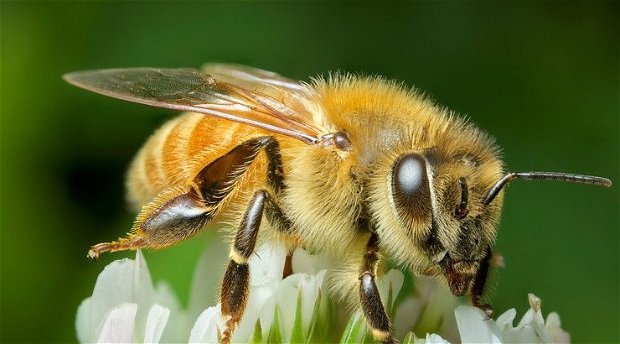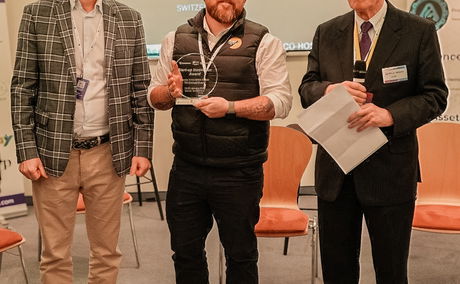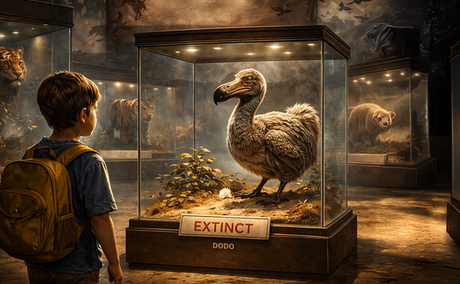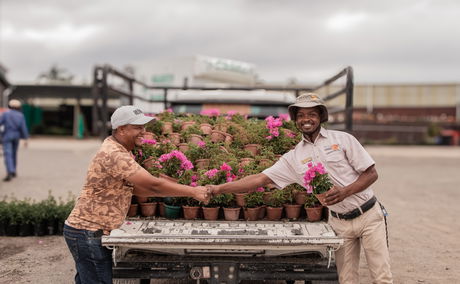For a conservation organisation based in Oudtshoorn, moments like this do not come often. And when they do, they are worth pausing for. This year, a South African conservation technology project founded by our CEO, Douglas Eriksen, was recognised on the global stage at the World Economic Forum in Davos. Project ZOA, or Zoological Open Architecture, was awarded the Startup Innovation Award for Top AI Sustainability Project during Davos Innovation Week 2026.
World Bee Day

There is no life without bees…
Today, every third spoonful of food depends on pollination, and bees are some of the most important pollinators, ensuring food and food security, sustainable agriculture, and biodiversity. They significantly contribute to the mitigation of climate change and the conservation of the environment. In the long-term, the protection of bees and the beekeeping sector can help reduce poverty and hunger, as well as preserve a healthy environment and biodiversity.
Bees are also important in terms of sustainable agriculture and creating rural jobs. By pollinating, they increase agricultural production, thus maintaining diversity and variety in our fields and on our plates. In addition, they provide millions of people with jobs and are an important source of farmers' income.
Nevertheless, scientific studies show that there are more and more negative effects on the health of bees, which makes them increasingly endangered. This, in turn, requires us to take extra care of their survival, as harmful factors cause a decline in the resistance of bees, which affects their susceptibility to diseases, pests and the like. In addition, this is also problematic in terms of the protection and preservation of the environment, as bees foster biodiversity in nature and have a positive impact on the entire ecosystem and are a good indicator of the state of the environment. As a result, in 2011 Slovenia became one of the first countries in the EU to prohibit the use of certain pesticides that are harmful to bees.
Slovenia also proposed that the United Nations proclaim 20 May as World Bee Day.
On 20 December 2017, following three years of international efforts, the UN Member States unanimously approved Slovenia’s proposal and 20 May was proclaimed World Bee Day.
In order to produce a kilogram of honey, a bee has to visit four million flowers and fly four times the distance around the planet! These little hardworking creatures deserve all the admiration, respect and protection that we can muster!
Reference: www.worldbeeday.org
Further Reading
The Dodo once walked freely on the island of Mauritius. With no natural predators, it had no reason to fear humans. Within less than a century of human arrival, it was gone. Extinction is permanent. Once a species disappears, there is no recovery, no second chance, no future generations to protect. Every species on the Red List tells a story of pressure. Habitat loss. Human conflict. Climate stress. Decline that did not...
Some partnerships are built quietly and strengthened over time through consistency and shared purpose. Since 2018, Kraaibosch Nurseries in George has supported Cango Wildlife and the Cheetah Preservation Foundation as a benefactor. Their ongoing contributions help sustain the day to day work of conservation, from animal care and veterinary treatment to habitat management and long term programmes focused on threatened species, including cheetahs and other vulnerable wildlife in our care.















Share This Post